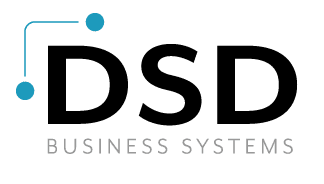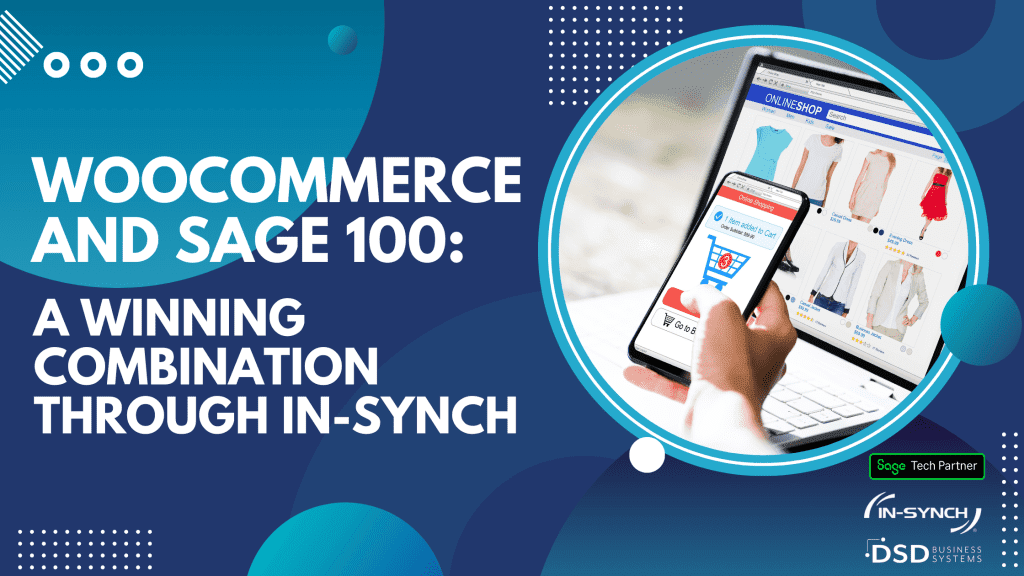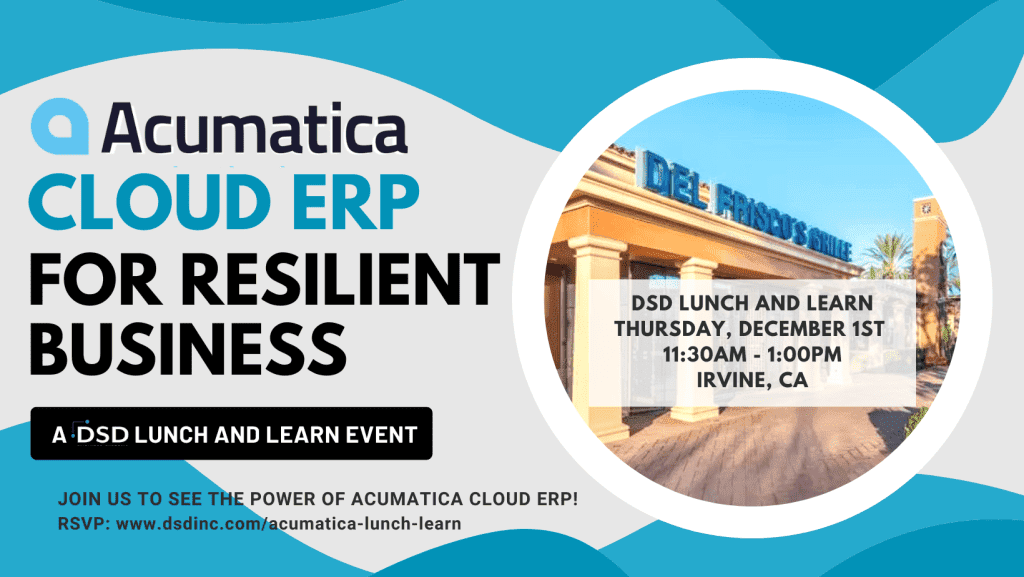Supply Chain Challenges: How to be Successful in 2021 and Beyond
August 24, 2021
Has 2021 Been Hard On Your Supply Chain?
For businesses that distribute, sell, manufacture (or all three of them combined), 2020-2021 has been rough. Businesses that handle products that rely heavily on components from various suppliers have had an especially difficult time. For example, a myriad of 2021 supply chain challenges have arisen from a container ship grounding in the Suez Canal, the COVID-19 shutdowns, cyberattacks, natural disasters, and most importantly: the global chip shortage.
The global chip shortage, which has rapidly moved from a concern to a crisis, was not recognized by most businesses until it was too late. Different sources suggest that the shortage was due to a combination of many unexpected factors. Factors including the COVID-19 pandemic lockdowns, which increased the demand for consumer electronics; the trade war with China, which reduced the number of chips available from China’s biggest manufacturer; the draught in Taiwan, which plummeted the availability of pure water to clean factories; and lastly, a huge winter storm in Texas, which shut down power to a major computer chip manufacturing plant.
Unfortunately, organizations that put off their digital transformation plans (maybe because of the cost, time it takes, and/or fears of failure) made these unexpected and unprecedented challenges even more difficult for other businesses. Those who implemented modern technology, such as a cloud ERP solution, were able to pivot and meet the challenges of 2021 head-on.
Who is affected by 2021 supply chain challenges?
Before delving into how cloud ERP software assists with supply chain challenges, the leading question that needs to be asked is: who is affected by these challenges? The answer is easy: every business that has supply chain requirements can benefit from the use of a cloud ERP software.
In addition to a chip shortage; plastics, metal, steel, and lumber have been hard to come by for many. Factor in concerns for labor and transportation, and your business has the perfect storm of complications. Those who distribute, sell, and manufacture are finding it difficult to get the needed materials. If the company is lucky and it does acquire them, another challenge arises when the business is trying to find the most efficient way to get the products into the customer’s hands.
Those customers are ready to receive the products, but are experiencing cost increases and delays due to the supply chain issues going on right now.
How can businesses be successful with
these supply chain challenges?
“Although Covid-19 may have exposed the fragile links lurking in the global economy, it also accelerated the adoption of a great many technologies and practices that will make the global economy more robust over time.”
Yossi Sheffi – MIT Professor and Author of The New (Ab)Normal: Reshaping Business and Supply Chain Strategy beyond Covid-19
A comprehensive cloud ERP solution is one of those new technologies that will help your business.
In a nutshell, an ERP solution acts as a business management platform for companies in any industry. It connects data sources, business records, in a centralized system and integrates seamlessly with business-critical applications. Data and information from every department are automatically synchronized and are easily accessed via a web-enabled device from where ever you are. Depending on the ERP solution you choose, it may offer distribution management software, including inventory management software, warehouse management, and order management software.
This means that businesses that implement a cloud-based ERP solution have set themselves up for supply chain success. For example, these companies now have:
The information and flexibility necessary to adjust to changing circumstances
The ability to analyze data, assess operational constraints, and determine alternative solutions
Planning and forecasting capabilities for managing inventories/resources,
supplier deliveries, and production schedules
Though the 2021 supply chain challenges are significant, cloud ERP software allows businesses to evaluate and track logistics, inventory, and material requirements. Companies can then move forward, confident that they are operating with accurate, updated information. While also reassuring customers, thus strengthening their relationship.









